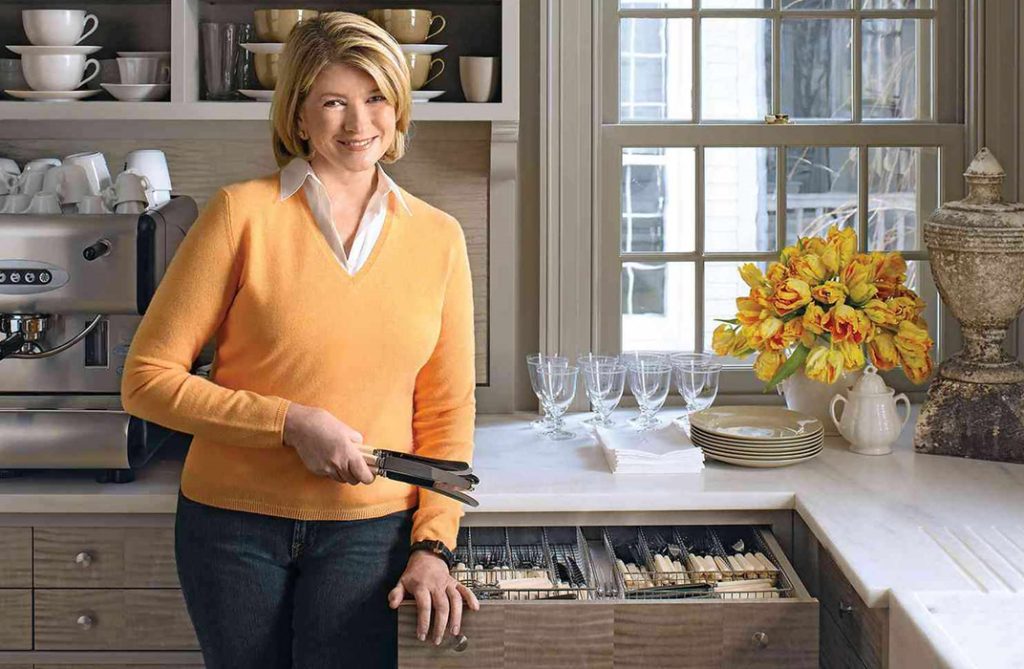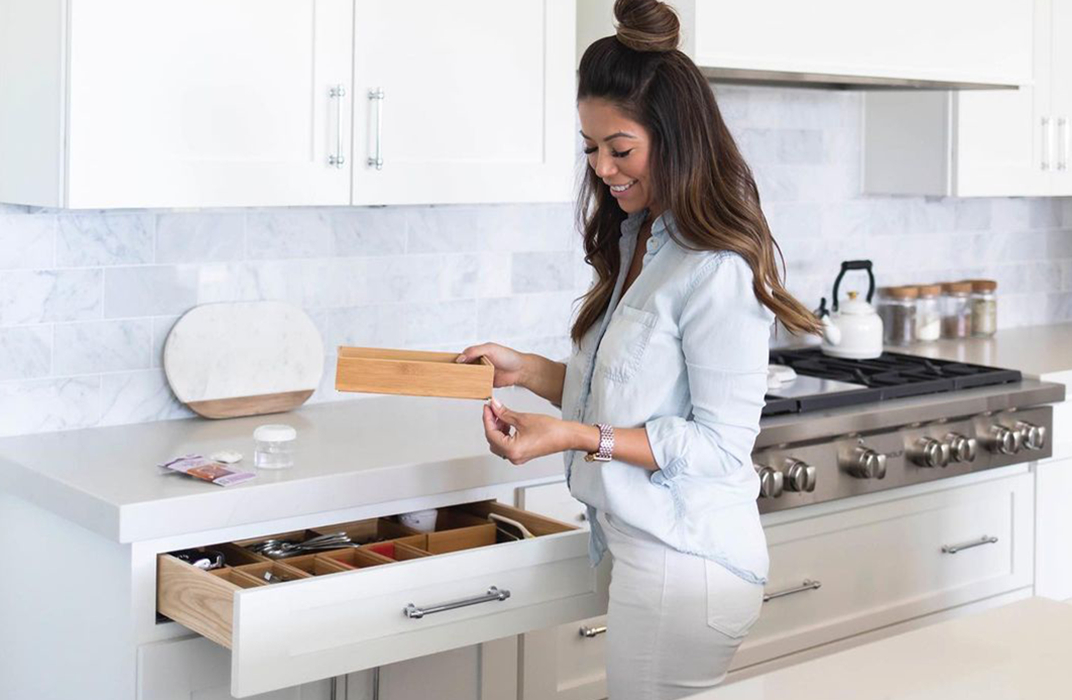Why Kitchen Organization Matters For Home Cooks
When ingredients are stored logically and easily accessible, the cooking process becomes smoother. Grouping similar items together, such as spices, oils, and baking supplies, can help save time during meal prep. This organization allows cooks to quickly grab what they need without rummaging through cluttered cabinets. A well-organized pantry can also help in meal planning by making it easier to see what ingredients are available, reducing food waste and encouraging the use of items that may otherwise be forgotten.
In addition to improving efficiency, an organized kitchen promotes safety. Cluttered countertops and overcrowded cabinets can lead to accidents, such as spills or cuts. Keeping tools and ingredients neatly arranged minimizes the risk of injury while cooking. Storing sharp knives in designated blocks or drawers prevents accidents and ensures that they are always easy to find. Proper organization also helps in maintaining cleanliness, as it becomes easier to wipe down surfaces and keep the kitchen tidy.
Another significant aspect of kitchen organization is its impact on creativity. A clutter-free space fosters a more inviting atmosphere for cooking and experimentation. When the kitchen is organized, home cooks are more likely to try new recipes and techniques. They can easily locate specialty ingredients or tools that inspire them to explore different cuisines. An organized kitchen encourages a sense of ownership and pride, making the cooking process feel more fulfilling.

Utilizing storage solutions effectively can further enhance kitchen organization. Investing in clear containers for pantry items allows for easy visibility and access to ingredients. Labeling shelves and containers helps everyone in the household locate items quickly, promoting a collaborative cooking environment. Drawer organizers can keep utensils sorted and accessible, while vertical storage solutions can maximize limited space. These thoughtful arrangements can transform even the smallest kitchens into functional cooking areas.
Maintaining an organized kitchen requires regular upkeep. Setting aside time to declutter and reorganize can prevent chaos from building up over time. Implementing a system for rotating pantry items based on expiration dates ensures that older products are used first, reducing waste. Encouraging family members to return items to their designated spots after use fosters a culture of organization within the household. This collective effort can lead to a more harmonious cooking environment where everyone feels involved.
The psychological benefits of an organized kitchen should not be overlooked. A tidy space can reduce anxiety and promote a sense of calm. Cooking in a well-organized kitchen can transform the experience from a chore into a pleasurable activity. This positive mindset can lead to healthier eating habits, as individuals are more likely to prepare meals at home when the environment is inviting and functional.
Kitchen organization plays a crucial role in enhancing the overall cooking experience. It streamlines meal preparation, promotes safety, encourages creativity, and contributes to a positive mindset. By implementing effective storage solutions and maintaining an organized space, home cooks can elevate their culinary skills and enjoy the process of cooking even more. The benefits of a well-organized kitchen extend beyond efficiency; they create an environment that nurtures passion and creativity in the culinary arts.




